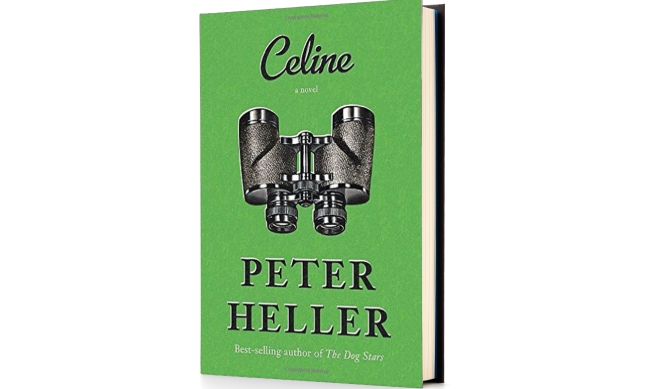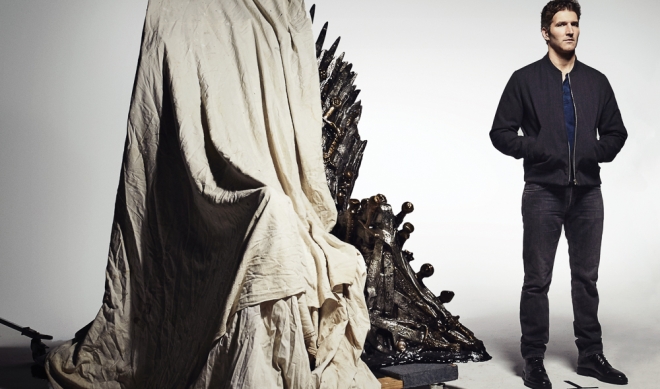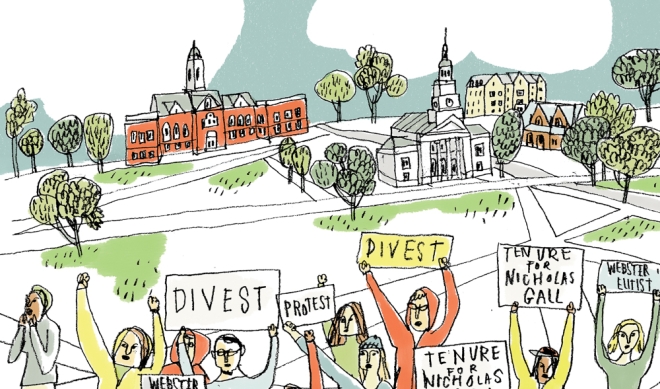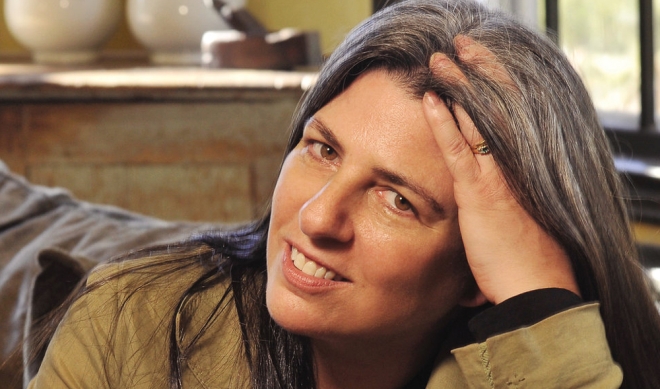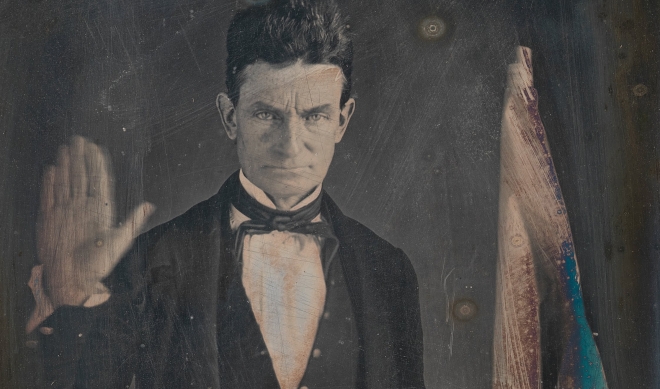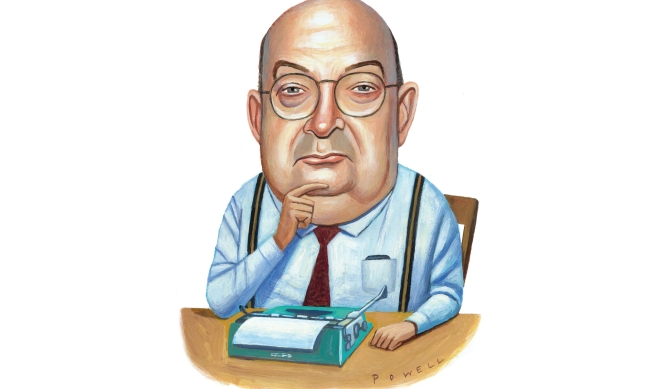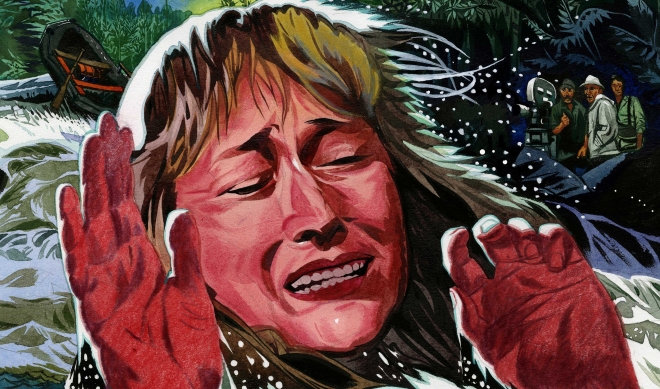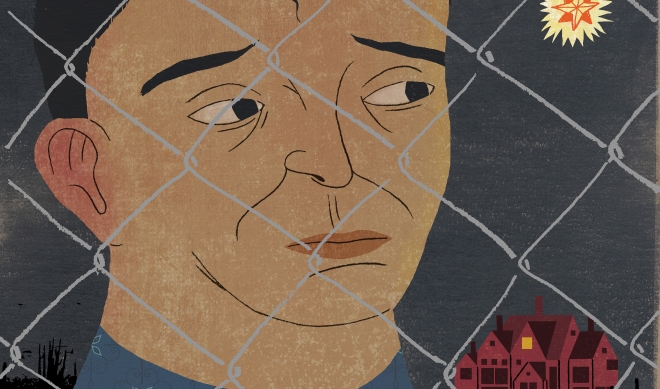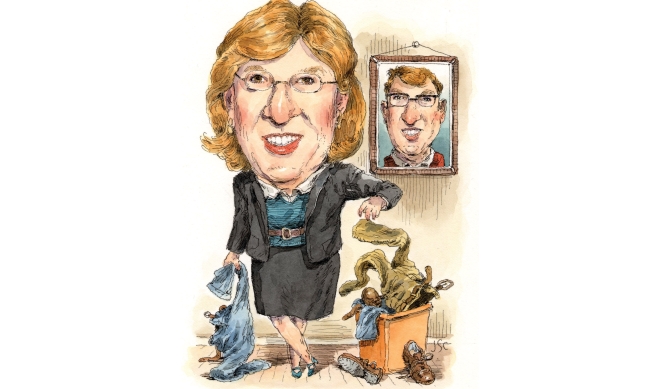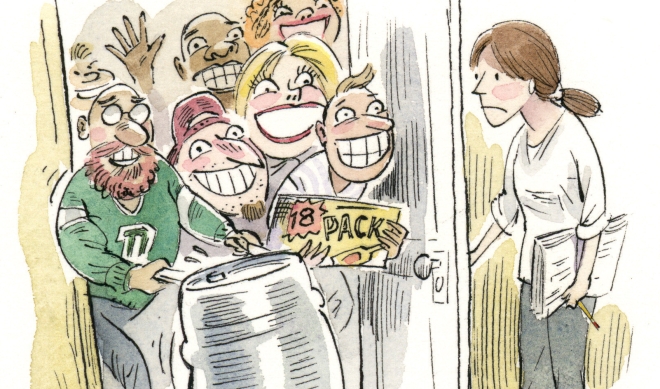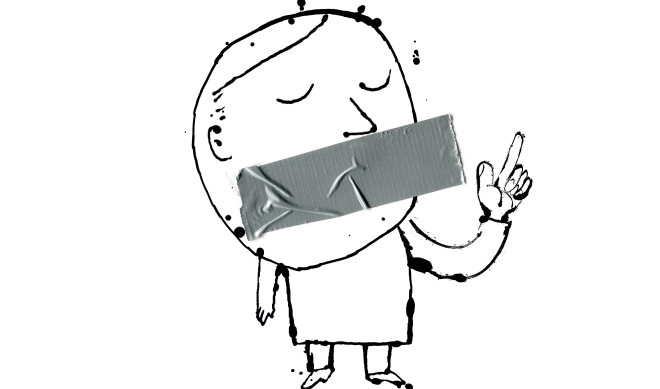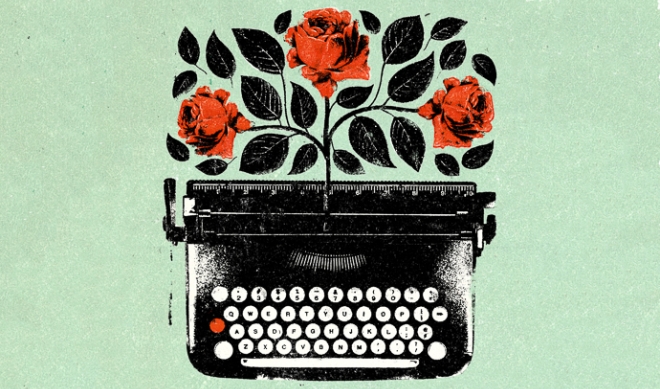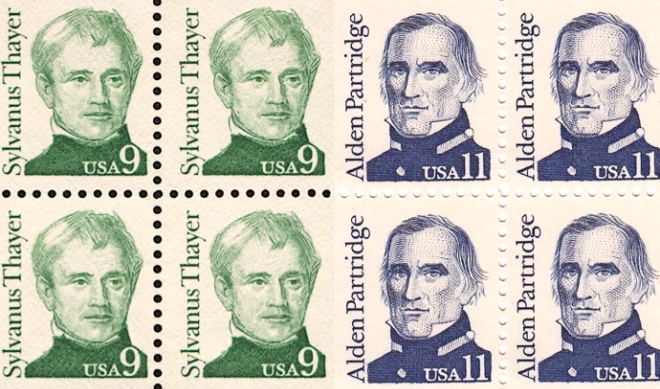Table of Contents
Read articles from the editorially independent magazine for Dartmouth College alumni.
- January-February 2026
- November-December 2025
- September-October 2025
- July-August 2025
- May-June 2025
- March-April 2025
- January-February 2025
- November-December 2024
- September-October 2024
- July-August 2024
- May-June 2024
- March - April 2024
- January-February 2024
- November-December 2023
- September-October 2023
- July-August 2023
- May-June 2023
- March-April 2023
- January-February 2023
- November-December 2022
- September-October 2022
- July-August 2022
- May-June 2022
- March-April 2022
- January-February 2022
- November-December 2021
- September-October 2021
- July-August 2021
- May-June 2021
- May-June 2021
- March-April 2021
- January-February 2021
- November-December 2020
- September-October 2020
- July-August 2020
- May-June 2020
- March-April 2020
- Jan-Feb 2020
- Nov-Dec 2019
- Sept - Oct 2019
- Jul - Aug 2019
- May - Jun 2019
- Mar - Apr 2019
- Jan - Feb 2019
- Nov - Dec 2018
- Sep - Oct 2018
- Jul - Aug 2018
- May - Jun 2018
- Mar - Apr 2018
- Jan - Feb 2018
- Nov - Dec 2017
- Sep - Oct 2017
- Jul - Aug 2017
- May - Jun 2017
- Mar - Apr 2017
- Jan - Feb 2017
- Nov - Dec 2016
- Sept - Oct 2016
- Jul - Aug 2016
- May - June 2016
- Mar - Apr 2016
- Jan - Feb 2016
- Nov - Dec 2015
- Sept - Oct 2015
- Jul - Aug 2015
- May - June 2015
- Mar - Apr 2015
- Jan - Feb 2015
- Nov - Dec 2014
- Sept - Oct 2014
- Jul - Aug 2014
- May - Jun 2014
- Mar - Apr 2014
- Jan - Feb 2014
- Nov - Dec 2013
- Sept - Oct 2013
- Jul - Aug 2013
- May - Jun 2013
- Mar - Apr 2013
- Jan - Feb 2013
- Nov - Dec 2012
- Sept - Oct 2012
- Jul - Aug 2012
- May - Jun 2012
- Mar - Apr 2012
- Jan - Feb 2012
- Nov - Dec 2011
- Sept - Oct 2011
- Jul - Aug 2011
- May - June 2011
- Mar - Apr 2011
- Jan - Feb 2011
- Nov - Dec 2010
- Sept - Oct 2010
- July - Aug 2010
- May - June 2010
- Mar - Apr 2010
- Jan - Feb 2010
- Nov - Dec 2009
- Sept - Oct 2009
- Mar - Apr 2009
